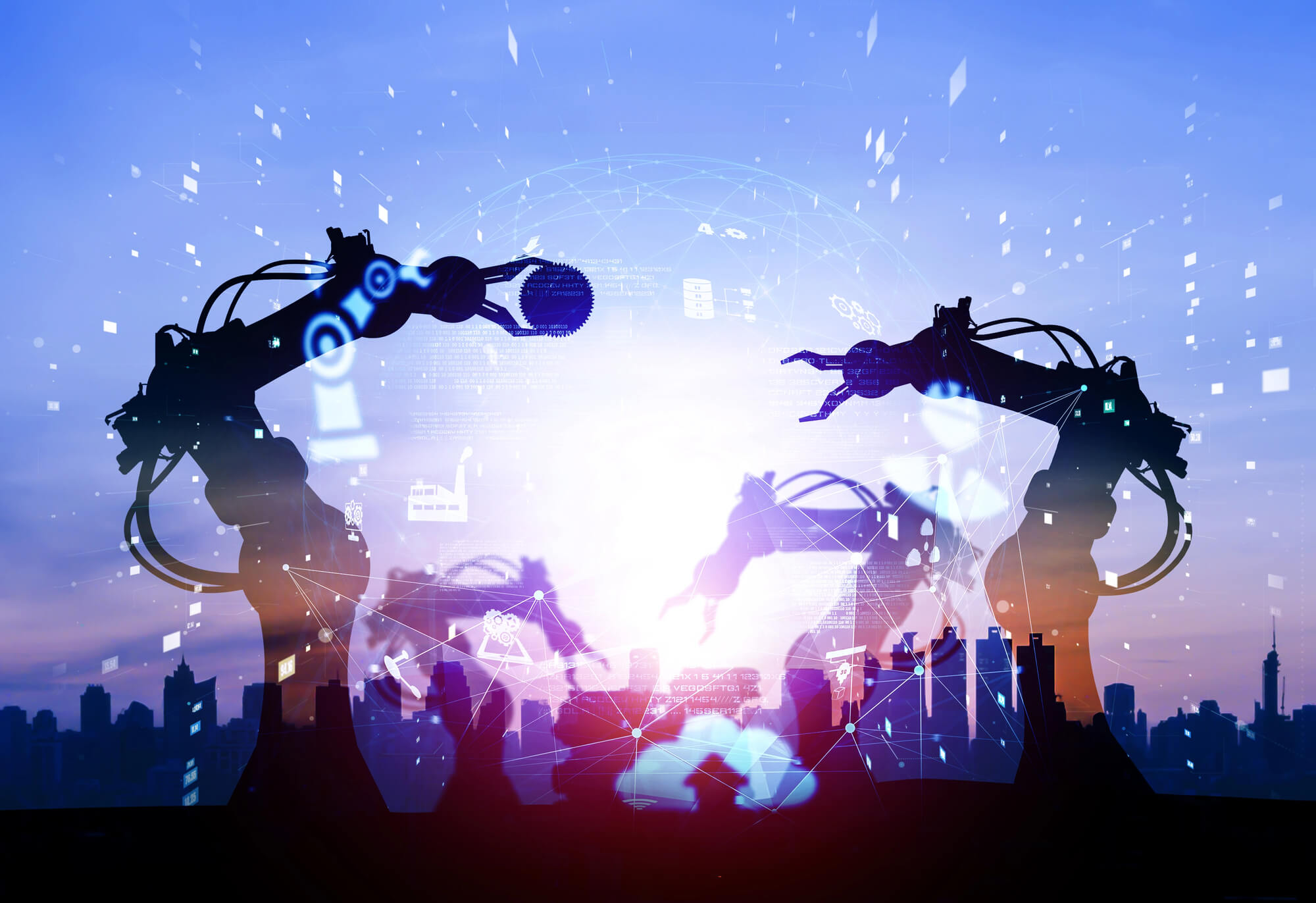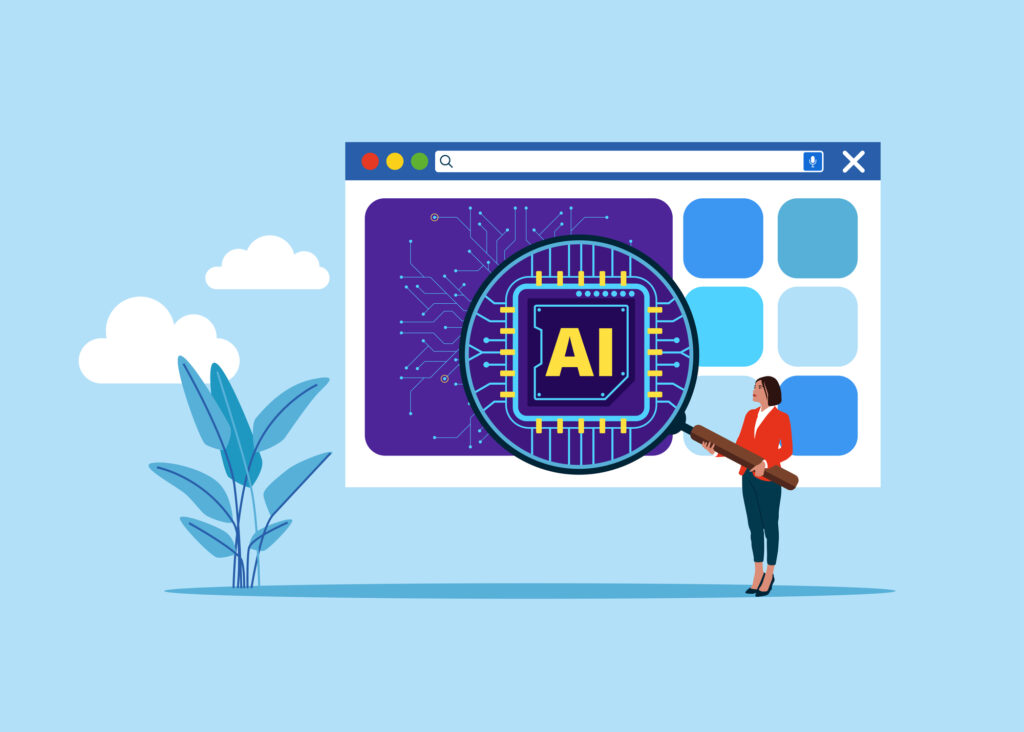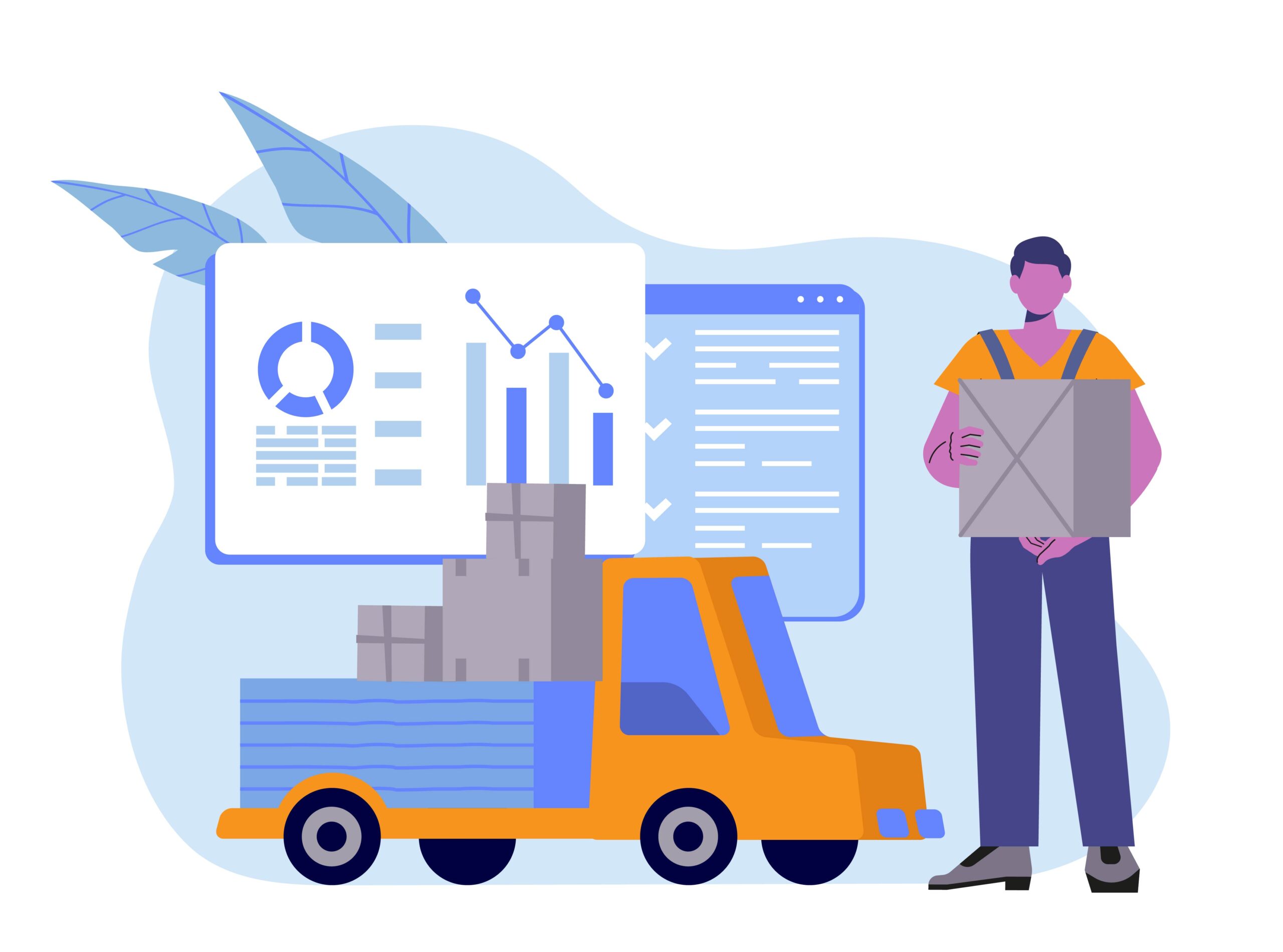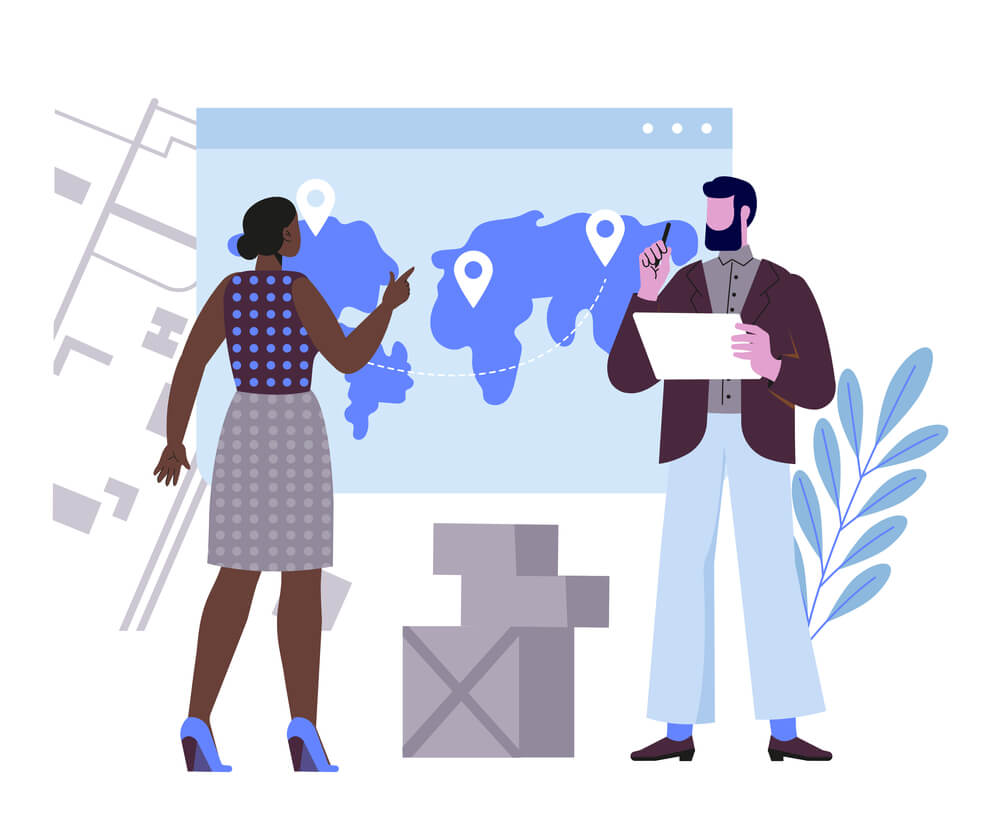
Continue reading "The Future of Manufacturing: AI and Industrial Automation"
In manufacturing, efficiency and precision are paramount. As industries face labor shortages, rising costs, and increasing demand for quality, Artificial Intelligence (AI) has emerged as a transformative solution. By integrating AI into industrial automation, manufacturers are not only improving productivity but also gaining a competitive edge.
1. Predictive Maintenance
Equipment downtime is one of the most expensive challenges in manufacturing. AI-driven predictive maintenance uses real-time data from sensors to identify potential issues before they lead to equipment failure. According to Deloitte, this approach can reduce maintenance costs by up to 25% and downtime by nearly 50%.
2. Quality Control
AI-powered vision systems are revolutionizing quality control. These systems can detect defects at a microscopic level, far surpassing human capabilities. By ensuring consistent quality, manufacturers can reduce waste and enhance customer satisfaction.
3. Supply Chain Optimization
AI algorithms analyze vast amounts of data to predict demand, optimize inventory, and streamline logistics. This level of precision ensures manufacturers can meet market demands without overproducing or understocking, which reduces costs and increases efficiency.
4. Autonomous Robotics
Incorporating robotics powered by AI into production lines improves speed and precision. Robots can handle repetitive tasks, adapt to changes in the production process, and work alongside human operators to enhance productivity.
Why AI Matters in Industrial Automation
From my perspective as an engineer and business strategist, the combination of AI and automation in manufacturing isn’t just a trend—it’s a necessity. Companies that adopt these technologies early will gain the ability to scale operations, maintain quality, and reduce costs, giving them a significant advantage in the market.
Is Your Manufacturing Process Ready for AI?
Implementing AI is an investment that pays off quickly for mid-sized to large manufacturers with a strong foundation in industrial operations. The potential benefits are immense, whether it’s streamlining your supply chain or enhancing production efficiency.
Sources:
- Deloitte: Predictive Maintenance and Smart Manufacturing
- PwC: The Fourth Industrial Revolution and Its Impact on Manufacturing
About the Author
The Best Digital Marketing Insight and Advice
The WSI Digital Marketing Blog is your go-to-place to get tips, tricks and best practices on all things digital
marketing related. Check out our latest posts.
We are committed to protecting your privacy. For more info, please review our Privacy and Cookie Policies. You may unsubscribe at any time.
Don't stop the learning now!
AI in Logistics: Supply Chain Optimization
Artificial intelligence (AI) is transforming the logistics and customs management industry, improving efficiency, reducing costs, and optimizing regulatory compliance. As global trade expands, businesses and customs authorities are turning to advanced solutions to streamline their operations.Below, we explore some of the most relevant AI tools in logistics and customs. 1. AI in Logistics: Supply Chain Optimization a. Demand Prediction and Inventory Management Tools such as Blue Yonder and Llamasoft (Coupa) use AI and and machine learning to analyze
READ MOREThe Future of AI: Exploring Gamma and Similar Tools
Artificial intelligence (AI) is revolutionizing content creation and task automation. One of the most innovative tools in this space is Gamma, a platform designed to streamline the creation of presentations, documents, and reports with minimal manual effort. In this article, we will explore Gamma and other similar tools that are transforming productivity and content generation. …
Continue reading “The Future of AI: Exploring Gamma and Similar Tools”
READ MOREHow AI Can Transform Customs Agencies: Boosting Efficiency and Security
In today’s fast-paced global trade environment, customs agencies play a critical role in ensuring the smooth flow of goods across borders while maintaining security and compliance. However, the increasing volume of international trade, coupled with complex regulations, has made the job of customs agencies more challenging than ever. This is where Artificial Intelligence (AI) steps …
Continue reading “How AI Can Transform Customs Agencies: Boosting Efficiency and Security”
READ MORE




